Cover image of Swallow-Tailed Kite (Elanoides forficatus), by Peter Harris.
The following review was authored by Simon Stuart. He is an advisor to A Rocha International, having previously served as a board member of A Rocha USA (2001-2006), a trustee of A Rocha International (2000-2008 and 2017-2020), and the Executive Director of A Rocha International (2020-2023). He had a career in the International Union for Conservation of Nature (IUCN), culminating as Chair of the Species Survival Commission (2008-2016). He won the Blue Planet Prize in 2020.
This is one of the most heartwarming, authentic books I’ve read in a long while. The author, Courtney Ellis, is a Presbyterian pastor in Orange County, California. She started birding seriously during the painful days of the pandemic. Around the same time, her beloved grandfather died. Her visit to his deathbed, the coming together of her family at that moment, and her reflections on grief are interwoven with her observations of birds throughout the book. It might sound like an odd focus for a book, but it works very well, and somehow she brings it all together into a coherent and compelling narrative.
Ellis writes from deep Christian convictions. As she works through her grief and reflects on the evils and sadnesses of the world more broadly (as a pastor, Ellis frequently ministers to people at the end of their lives), she starts to see and feel God at work by looking at what birds do. Each chapter focuses on a different group of birds, and on what Ellis learns from the birds about life and about God.
Green Heron (Butorides virescens), by Peter Harris.
Some of the ideas in these chapters made immediate sense to me. For example: vultures speak to us about death, owls about end-times, warblers about delight, albatrosses about grief, and doves about peace. But other chapters took me by surprise: how is it that mockingbirds tell us about uncertainty, hummingbirds about brokenness and sin, wrens about partnership, pelicans about love, and quail about rest? Whatever my initial feelings, in every chapter I found Ellis’s astute bird observations – and how they give us insights into the big questions of life – to be totally convincing!
The book is beautifully written. Somehow, Ellis manages to interweave lament with praise and thankfulness, and a sense of gravity with wit and humor. She has some memorable turns of phrase: “Mockingbirds have no decorum. They can’t read the room. They do what they want. In a way, I envy them.” All of us who know and love mockingbirds will know immediately what she means. But what an original way of expressing it!
Ellis frequently pauses to reflect on how extraordinary Creation is: “The commonness of sparrows is part of their glory, their ordinariness one piece of what makes them special. Sparrows are everywhere, but even with their vast populations, a single bird is unique, with a slightly different marking pattern, personality, history, nesting spot.” Ellis’s reflections continually turn us back to God in thankfulness.
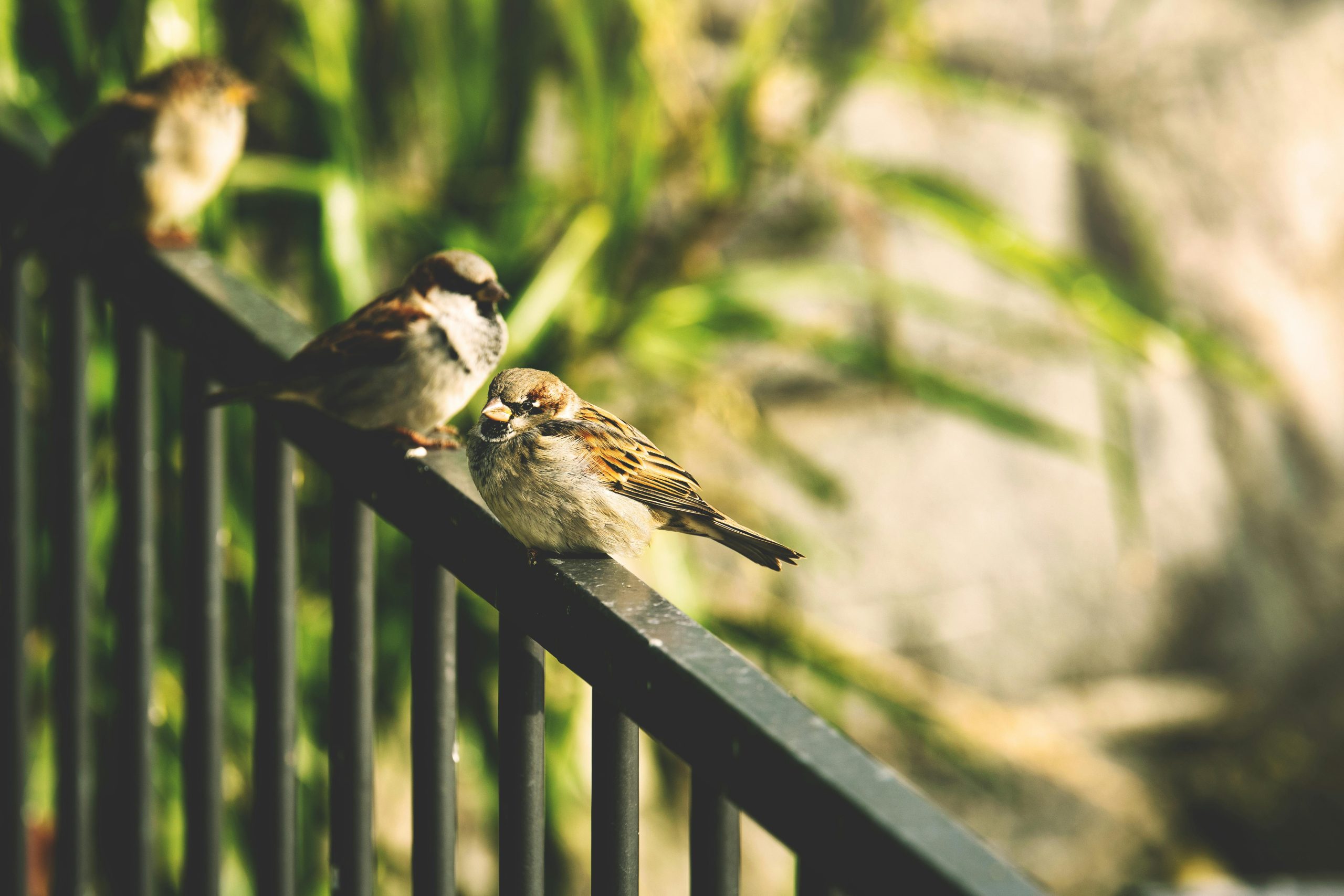
Sparrows, by Lum3n, on Pexels.
Ellis doesn’t avoid the tough side of life in this book, and here again, the birds help her. She muses on how human actions are leading to the decline of many bird species and the loss of so much wildlife. “To fall in love with the world of birds – their habits and calls and colors and songs and patterns and behaviors and personalities – is to open one’s heart to the anguish of losing so very, very much. But then, loving anything at all comes with a risk. And without love, who are we?”
Surely this is something all birders know deeply. In 2006, my family and I left Washington, DC, to return to the UK after over 20 years away (five of them in the US). I felt a mixture of sadness and anticipation when we made this move. I couldn’t wait until April when I would once again experience the beautiful song of the willow warblers, the background sound of English spring.
I was astounded to discover that most of the willow warblers had gone – or rather, their entire distribution had shifted north due to climate warming. I lamented their disappearance from large parts of southern England, and yet experienced great joy when I finally found one! This intermingling of pleasure and loss is surely something every birder understands – and in my case, at least, it leads me to a deeper appreciation of God’s presence during the joys and sorrows of life. Ellis captures these experiences throughout the book.
Willow Warbler (Phylloscopus trochilus), by Sergey Yeliseev, on Flickr (CC BY-NC-ND 2.0).
As the birds accompany her on her journey from grief to hope, Ellis weaves in reflections on almost all of life. She gives us thoughtful insights to being a wife, mom, pastor, daughter, granddaughter, sister, friend – always in a way that rings true. She muses on the character of God, the state of the church and society, and much more, with great wisdom. Throughout it all, she is unfailingly generous and kind, often amusing, always incisive, yet never frivolous, dull or anodyne.
We learn about Ellis and her family, but especially her grandfather. In some ways, he comes across as a rough and tough – yet silent – man for whom life has often been painful. Yet, through Ellis’s recounting of her times with him from childhood until his deathbed, we grow in affection for him. It’s impossible to read this book without a mixture of tears and joy.
Like me, Ellis has a great love of birds. But she is also clear that we can experience and learn about God through everything he has made, not just the birds! So don’t avoid this book if you’re not a birder. The ideas that Ellis shares could be applied to plants, or insects, or landscapes, or the huge diversity of human personalities and giftings. Ellis’s sheer joy and delight in observing and loving both birds and people is infectious. I cannot recommend this book highly enough.
Reddish Egret (Egretta rufescens), by Peter Harris.

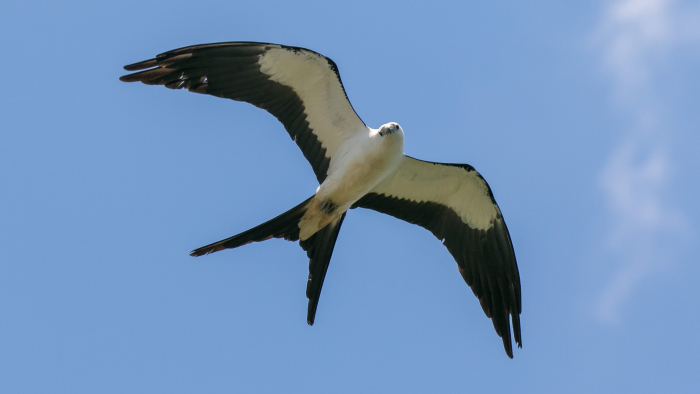
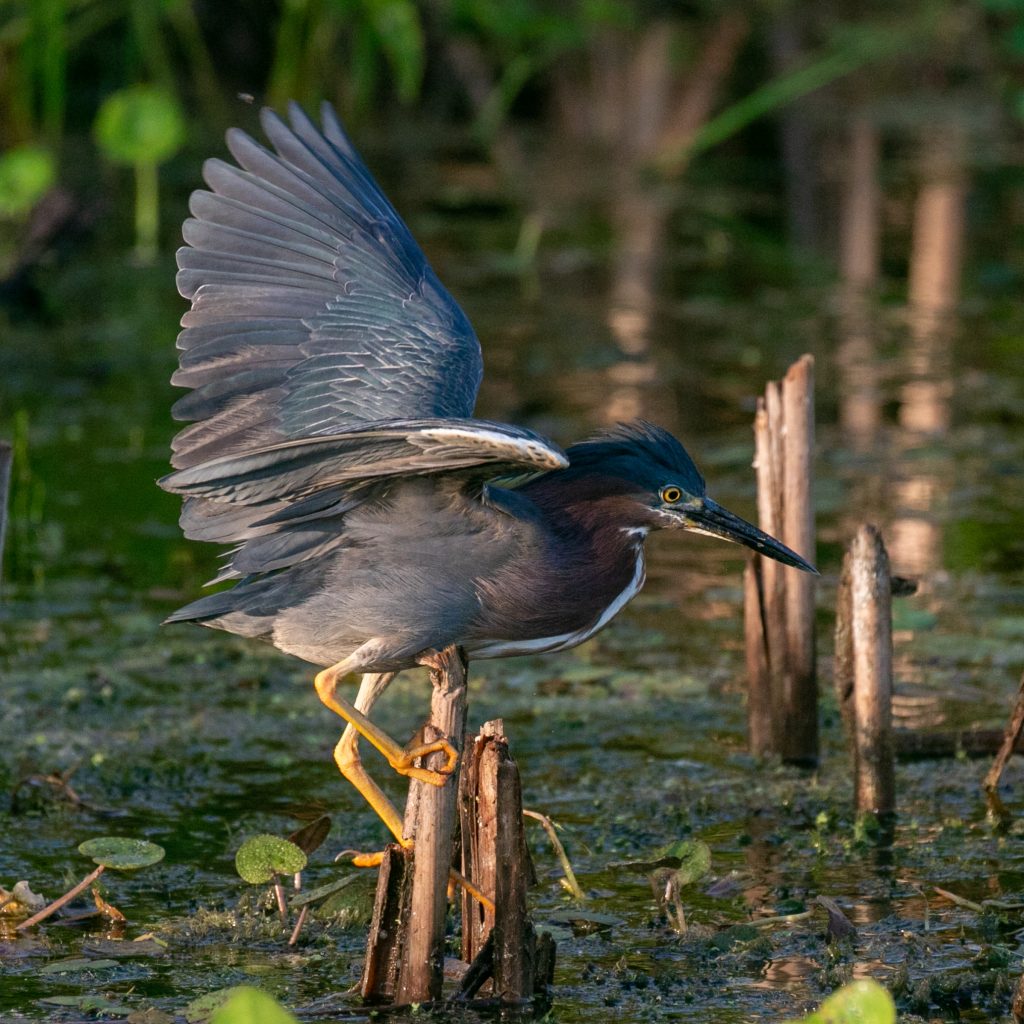
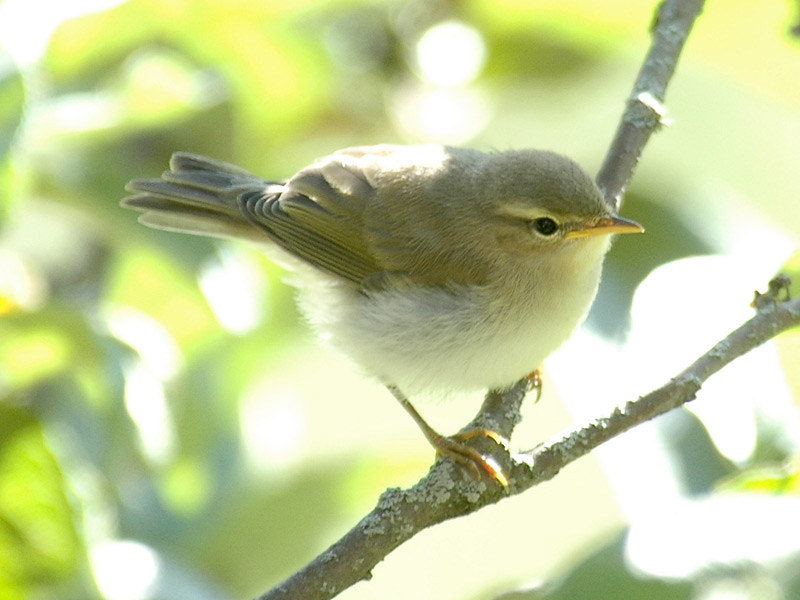
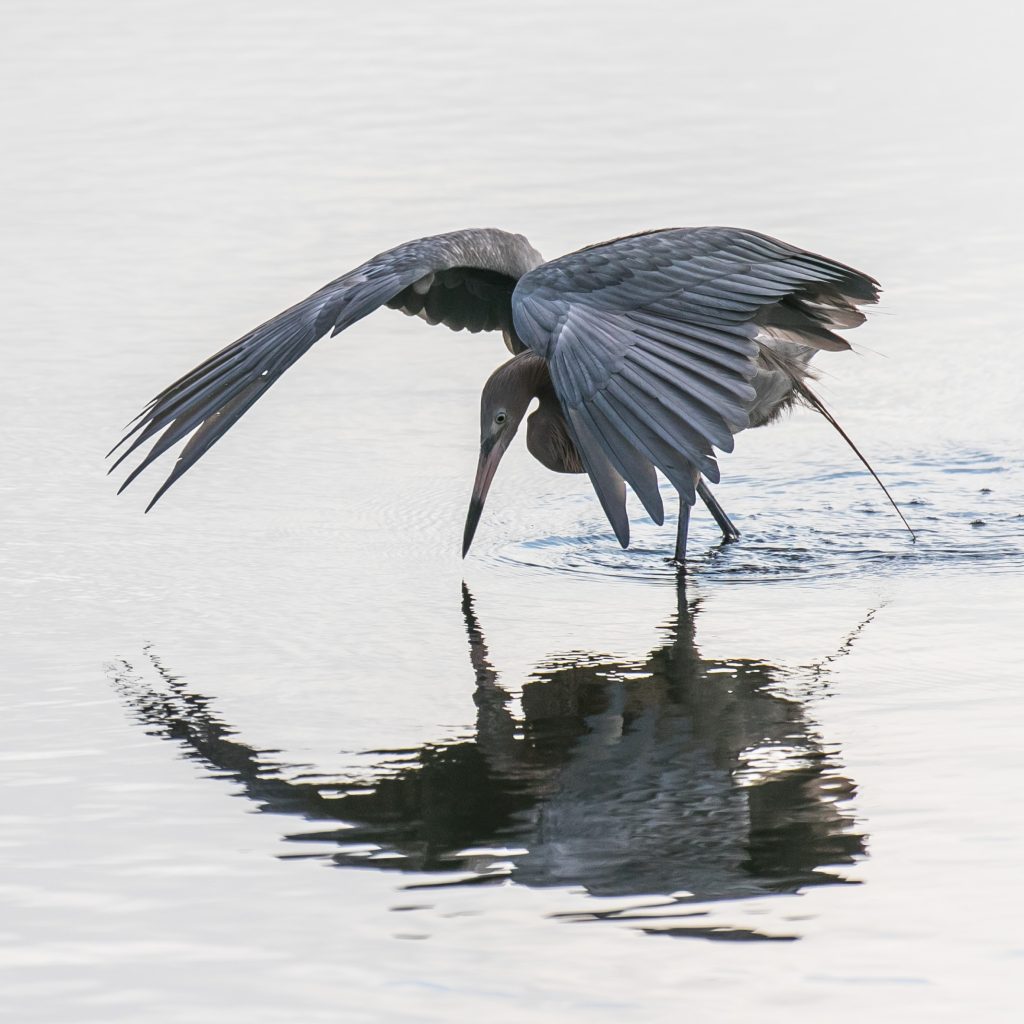







Add a Comment